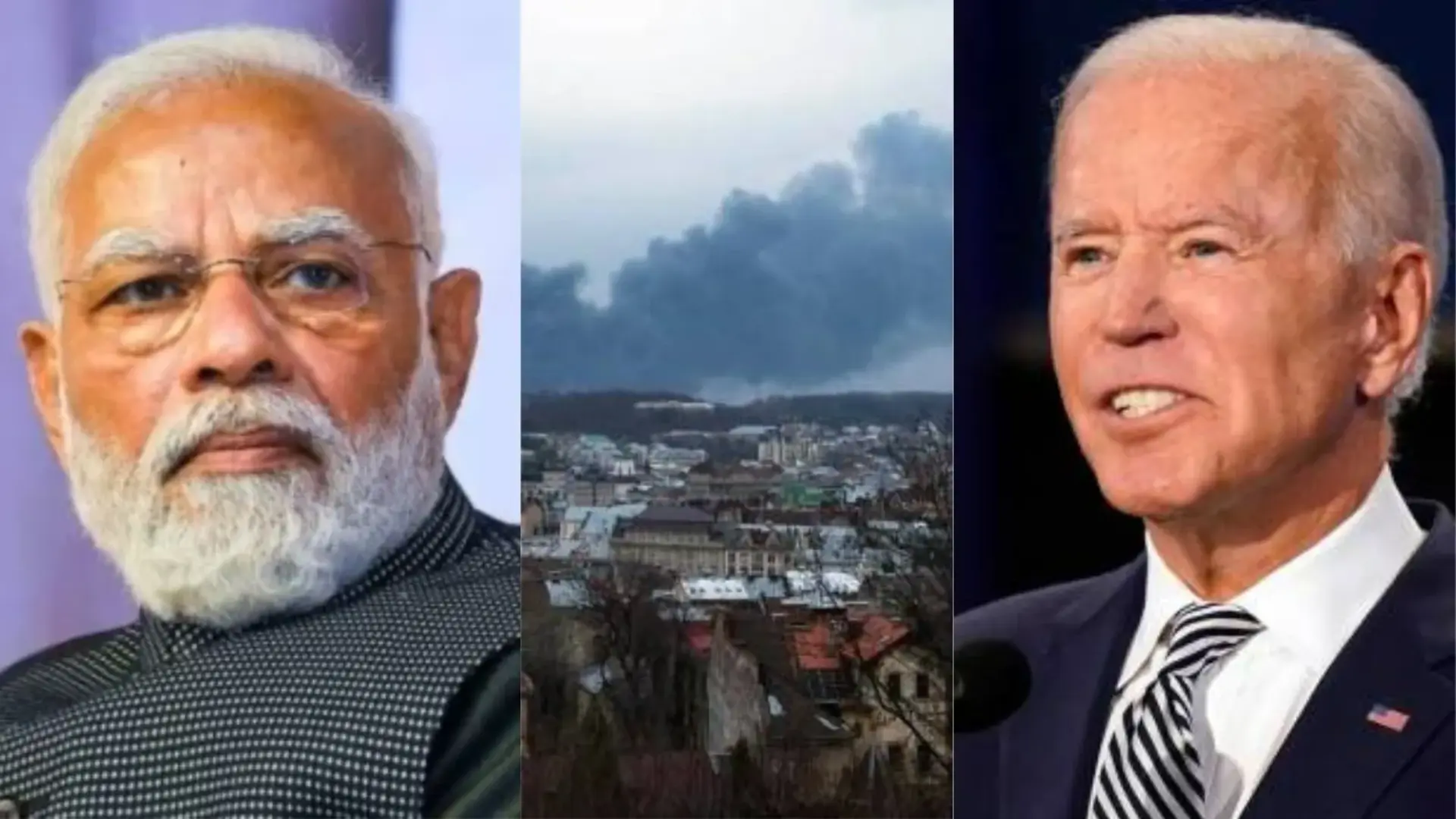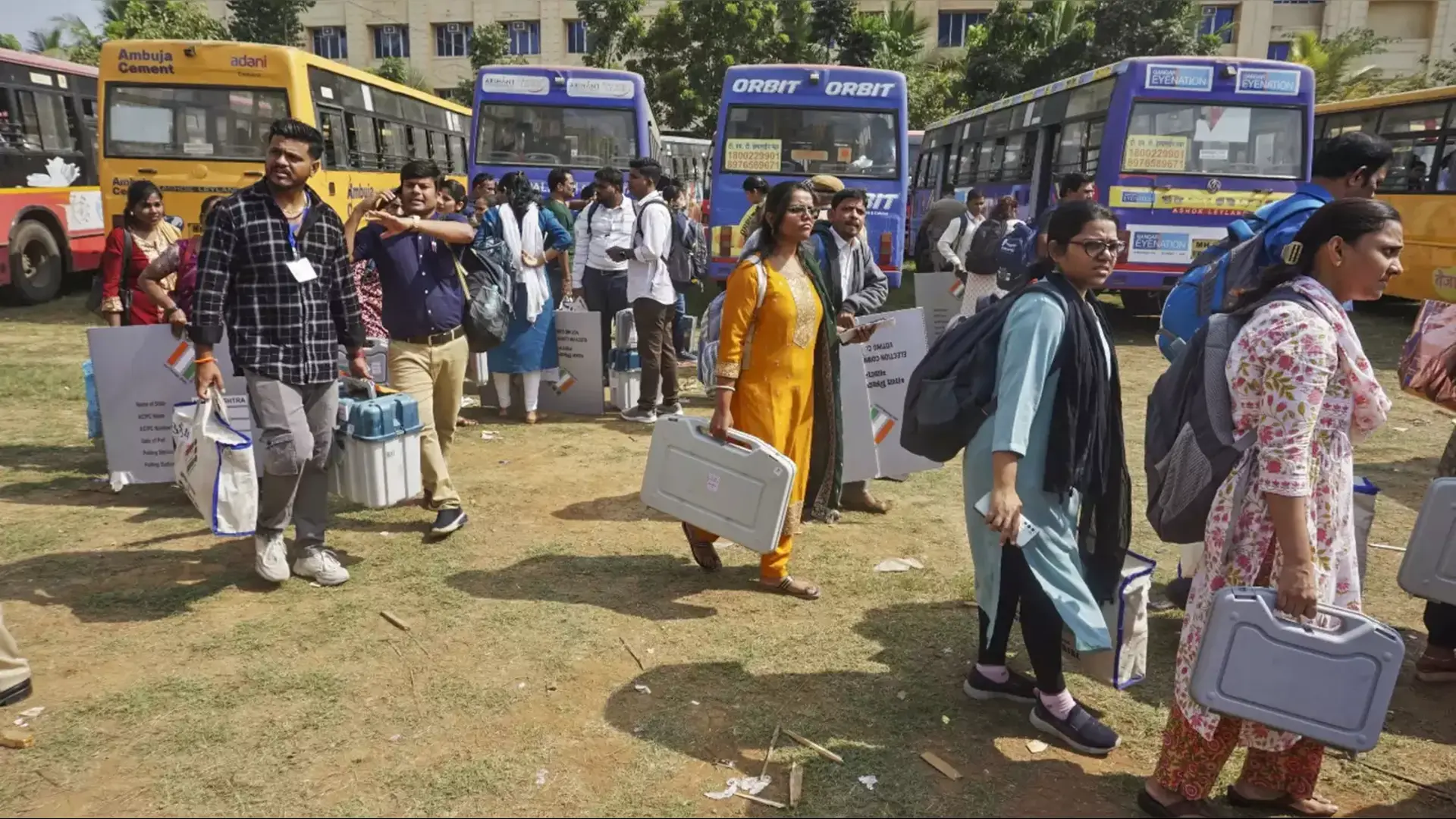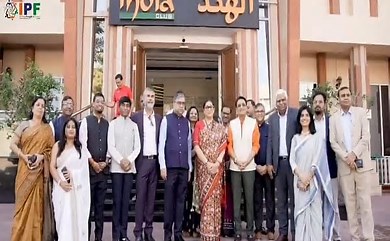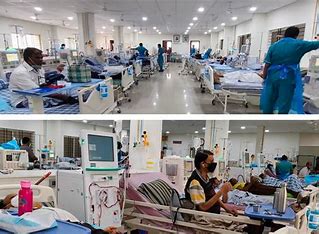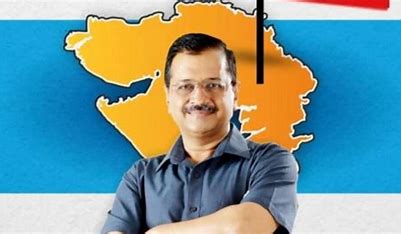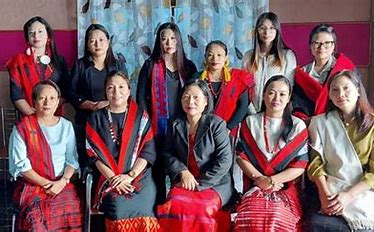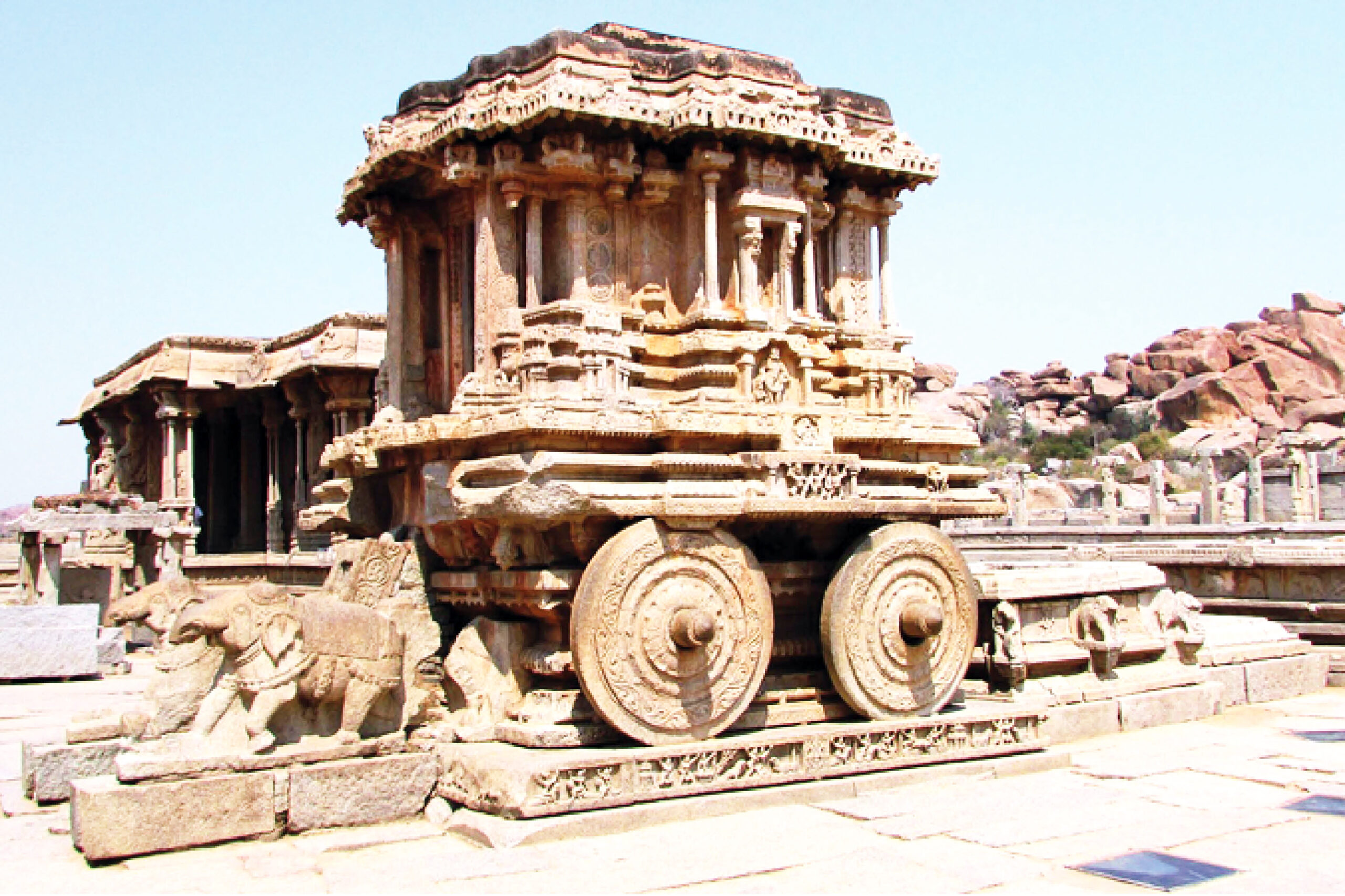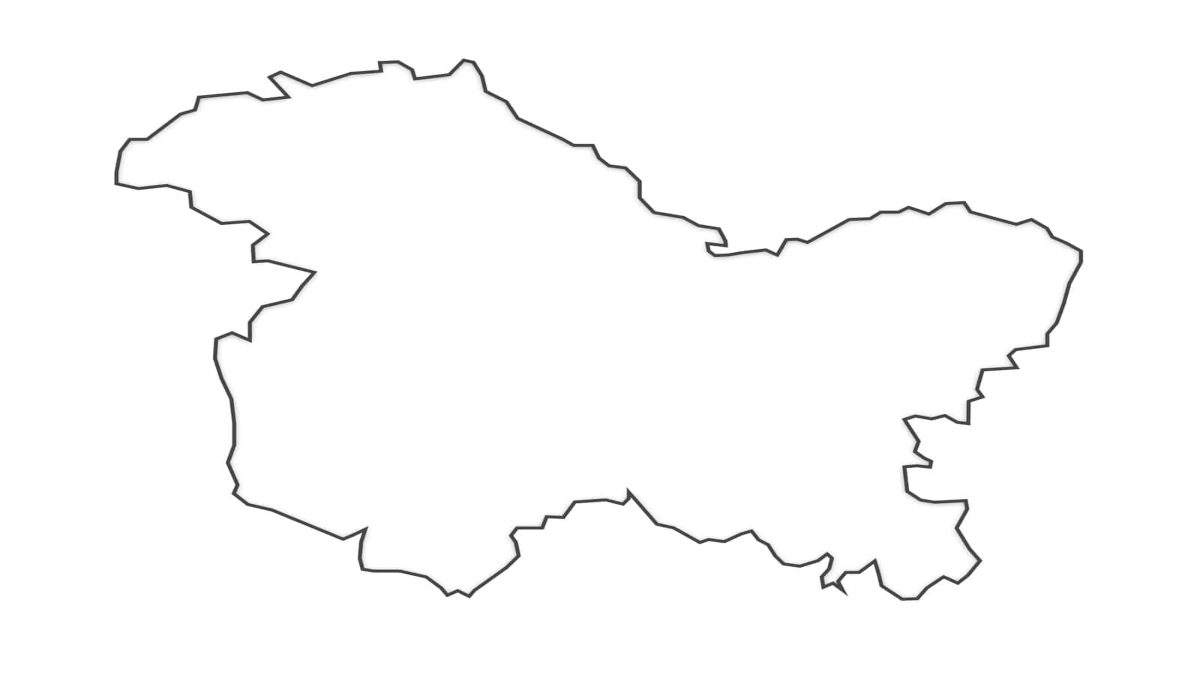
The Jammu and Kashmir Delimitation Commission on Thursday signed the final order for the delimitation of the union territory. The panel, which was tasked to redraw the boundaries of Assembly and parliamentary constituencies in Jammu and Kashmir, concluded the delimitation exercise on Thursday, paving the way for the much-awaited Assembly elections there. The Delimitation Commission was constituted in March 2020.
The Delimitation Commission in its final order has recommended additional seats for Kashmiri migrants and displaced persons from Pakistan occupied Kashmir. The Delimitation Commission, headed by the retired Supreme Court judge, Justice Ranjana Prakash Desai, met today to finalise the Delimitation Order for Jammu and Kashmir. The Gazette notifi
cation for the same has also been published and the order will come into effect from the date announced by the Central government.
As per the final Delimitation Order, out of the 90 Assembly constituencies in the union territory, 43 will be part of Jammu region and 47 of Kashmir region. Nine seats have been reserved for the Scheduled Tribes (STs) for the first time—six in the Jammu region and three in the Kashmir Valley. Seven seats have been reserved for Scheduled Castes. The constitution of erstwhile Jammu and Kashmir state did not provide for reservation of seats for the Scheduled Tribes in the legislative Assembly.
All five parliamentary constituencies will have an equal number of Assembly seats for the first time. Jammu and Kashmir has been treated as a single entity for the purpose of delimitation.
“One of the parliamentary constituency (sic) has been carved out combining the Anantnag region in the Valley and the Rajouri and Poonch of the Jammu region. By this reorganisation, each parliamentary constituency will have equal number of 18 Assembly constituencies each,” an official release said.
Names of some Assembly constituencies have also been changed keeping in view the demand of local representatives. The release said Patwar circle is the lowest administrative unit which has not been broken. All Assembly constituencies will remain within the boundary of the concerned district. The Commission recommended at least two members (one of them must be female) from the community of Kashmiri migrants in the Legislative Assembly. It said such members may be given power at par with the power of nominated members of the Legislative Assembly of the UT of Puducherry. The Commission said that the Central government may consider giving displaced persons from Pakistan-occupied Jammu and Kashmir some representation in Jammu and Kashmir Legislative Assembly by way of nomination.
The Commission has Chief Election Commissioner Sushil Chandra and Jammu and Kashmir State Election Commissioner K.K. Sharma as ex-officio members. The panel was granted a year’s extension and then another extension of two months in February this year to complete its task, for the term that was to otherwise end on 6 March.
On Monday, the Commission met various delegations in Jammu before leaving for Srinagar to meet the stakeholders there for the submission of its report. It met over 200 delegations and members of the civil society from Ramban, Rajouri, Poonch, Kishtwar, Kathua and Doda districts and heard them and received their representations.
